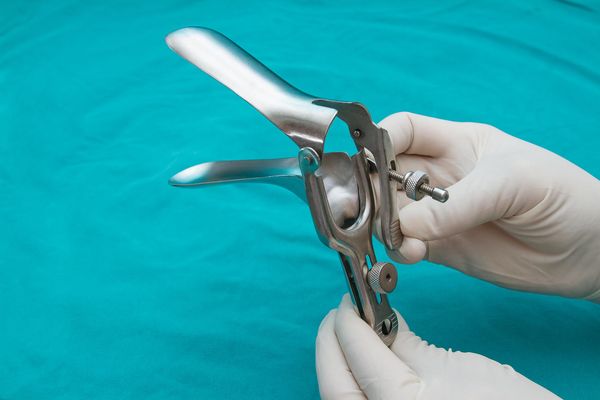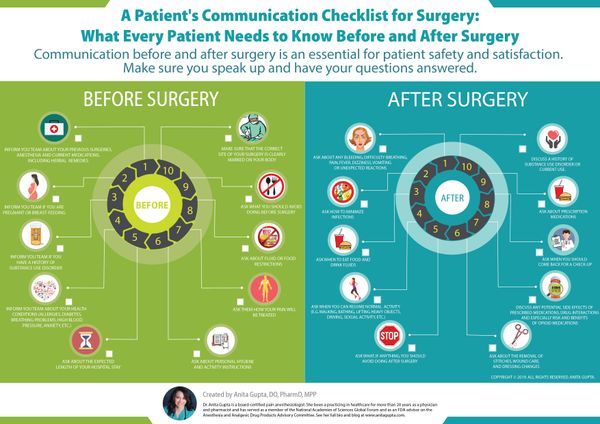Women who live with chronic pain seek relief through all kinds of treatments, from acupuncture to physical therapy, medication to psychology.
But in recent years, researchers have proven a multidisciplinary approach to chronic pain management can offer substantial and sustained pain relief.
Even if you have explored multiple treatment modalities, you likely haven't experienced a true multidisciplinary pain management program. That's because they are few and far between. These complex team-driven programs require resources typically found only at large medical institutions. Some patients travel from far away to receive care because the potential life-changing effects are worth it.
What is a multidisciplinary pain management program?
In a multidisciplinary approach, a team of clinicians collaborates to create custom treatment programs for each patient, using a variety of modalities. Patients often spend many days a week, sometimes for multiple weeks, in a program.
"It's more of a patient-centered, goal-oriented, holistic approach," said Tim J. Lamer, MD, pain management specialist at Mayo Clinic and president of the American Academy of Pain Medicine. Lamer explained that multidisciplinary pain management is like a puzzle where every piece matters—and they all fit together.
Institutions like the Shirley Ryan AbilityLab Pain Management Center in Chicago provide a model for multidisciplinary care, according to attending physician Shana Margolis, MD. There, most patients have previously tried one discipline at a time but not an approach that combines them all. The Shirley Ryan AbilityLab uses a biopsychosocial approach, meaning its team treats biological, psychological, and social drivers of pain, both as individual forces and as forces that intersect with one another.
Multidisciplinary pain management programs may include:
- Pain psychology: Teaching patients how mood affects pain and how pain affects mood, often using cognitive behavioral therapy. "When you're in pain, it can make you more irritable, anxious, and depressed, which then can make it harder to manage your pain, and you can get stuck in a vicious cycle," said Margolis.
- Biofeedback therapy: Providing a variety of relaxation techniques that employ monitoring technology that gives patients instant feedback on their efforts.
- Physical therapy: Including time spent on strengthening, range of motion, biomechanics, and pacing.
- Occupational therapy: Focusing on ergonomics and improving a patient's ability to perform everyday tasks with less pain.
- Vocational therapy: Helping patients learn to reclaim their working life through a variety of strategies.
- Art therapy: Using creativity to cope with pain, express emotions, and even reduce symptoms.
- Interventional therapies: Employing techniques like nerve blocks, injections, or electrical stimulator devices to treat the neurological aspect of pain.
- Physician and nurse monitoring: Ensuring patients are using medications properly, that comorbid conditions are also well-managed, and more.
Margolis said a key aspect of a multidisciplinary approach is that the patient is at the center of the program, playing an active role in their own care, as opposed to simply receiving treatment. "We're trying to give patients tools in their toolbox so they can learn to self-manage their pain," she said.
Research shows results
Lamer said most patients in a multidisciplinary approach experience improved function, mental health and management of pain in their busy lives. And there's research to prove it, he said, including at least one study that followed patients for as long as 13 years who experienced long-term benefits.
More research by Shirley Ryan AbilityLab Pain Management Center and the Department of Physical Medicine & Rehabilitation at the Northwestern University Feinberg School of Medicine in Chicago showed patients experienced improvement in pain, pain-related anxiety, ability to cope, and depression, among others.
Margolis said that while many people can benefit from a multidisciplinary pain management approach, patients with widespread pain conditions like complex regional pain syndrome and fibromyalgia are likely to experience the greatest benefit. "Any kind of chronic pain condition that's really affecting the patient's lifestyle is where we excel," she said. Emphasis on the mind-body connection and mindfulness plays a significant role in a patient's success.
Ready to take action?
If you're looking for a multidisciplinary pain management program, ask at your nearest large medical center. If there isn't one in your immediate area, reach out to reputable programs and ask if they can recommend a provider in your area.
The American Chronic Pain Association offers an extensive overview of pain management programs.
The Alliance for Balanced Pain Management offers resources for patients seeking to understand their treatment options.
What to learn more?
Attend HealthyWomen's Science, Innovation and Technology Summit, a two-day event hosted by HealthyWomen.
DATE : July 17-18, 2019
LOCATION: Turf Valley Resort, Ellicott City, MD







